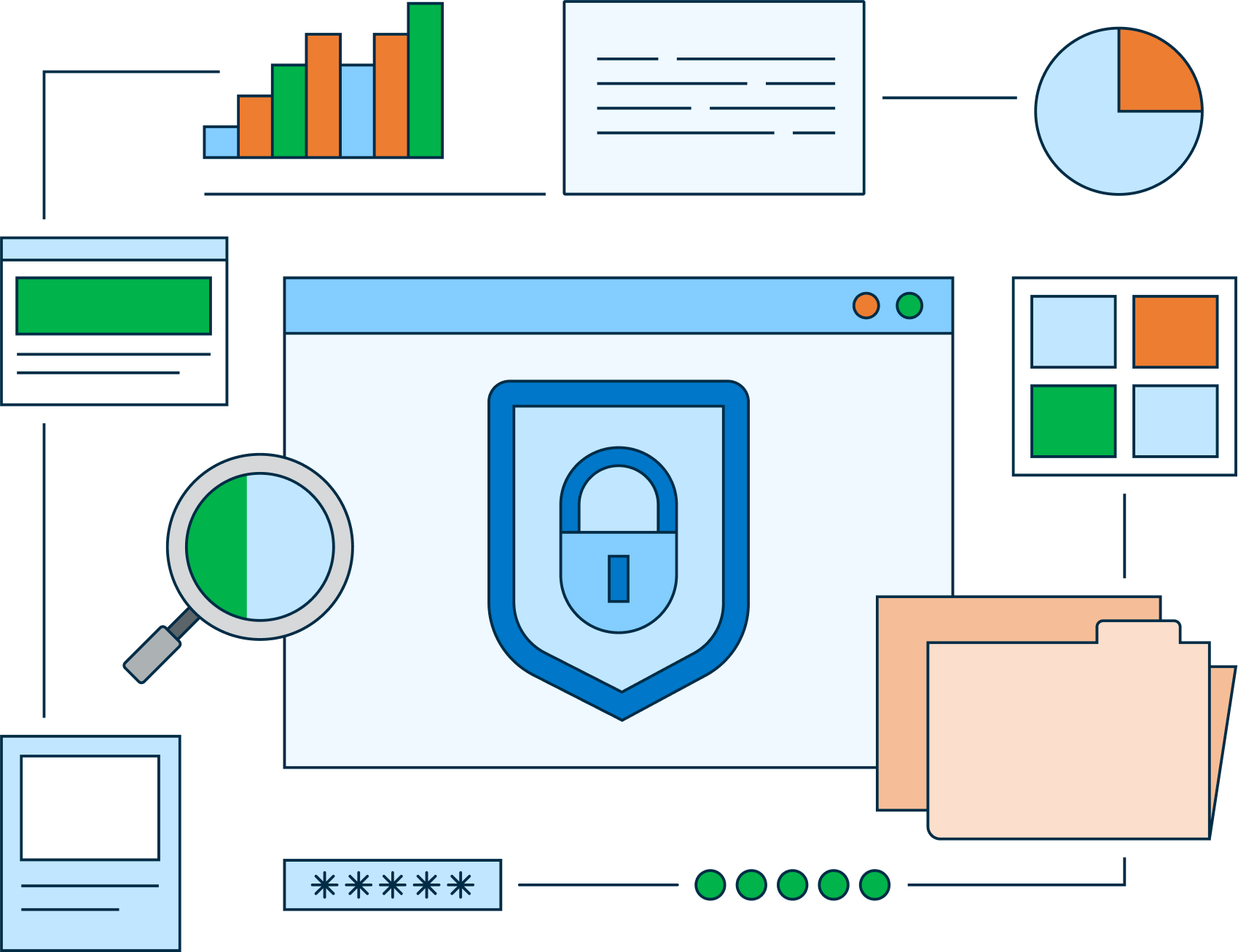
United We Stand: A National Strategy to Prevent Scams
Introduction and Overview
Scams and fraud have become a national security threat, costing Americans more than $150 billion annually, fueling organized crime and undermining trust in communications and finance. The National Task Force on Fraud and Scam Prevention, convened by the Aspen Institute Financial Security Program (Aspen FSP), has developed a report that proposes a coordinated national strategy to suppress fraud, modernize legal frameworks, and undermine the scams business model by making it harder for transnational criminals to prey on American households.
Inaction is not an option.
This is a pivotal opportunity to thwart criminals and protect Americans, who are increasingly feeling the impact of this epidemic.
1 in 5 Americans (about 50 million) have lost money to an online scam or attack
Scams are the second-highest crime fear among Americans: second to identity theft, and ahead of all other forms of crime including being burglarized or mugged
Despite the size of this epidemic, America currently lacks a coordinated plan to fight back.
That's why the Aspen Institute FSP has developed this report, United We Stand: A National Strategy to Prevent Scams—with input from 300+ experts across 80+ organizations—to create a blueprint for action.
It calls for:
Bold government leadership
Public-private collaboration
Enhanced law enforcement
Modernized legal frameworks
Here’s how we can solve this problem.
A whole-of-ecosystem approach is needed to address the cross-sector nature of this issue.
No single sector can stop scams alone.
Corporate leaders must act decisively to suppress scam activity at every stage of its lifecycle, empowering staff with the proper resources and guidance.
Corporate leaders should:
Maintain robust anti-scam policies addressing the entire scam lifecycle
Strengthen system defenses
Enhance capabilities to detect suspicious activity
Disrupt scams in process
Improve reporting and recovery mechanisms
Learn more about our recommendations for corporate leaders.

Policymakers must act boldly to enable the required response.
The federal government and law enforcement and intelligence agencies, alongside state counterparts, should:
Elevate scam prevention as a national priority
Enhance incentives and modernize legal frameworks for combating scams
Enhance law enforcement capabilities
Combat cross-border financial crime
Modernize data collection and analysis
Improve feedback loops
Learn more about our recommendations for policymakers.
All stakeholders should take a risk-based approach to flexibly prioritize interventions against the most impactful, and evolving, scam activities.
Broader initiatives and cross-sector efforts should include:
Foster offensive technological innovation
Strengthen public awareness and consumer empowerment
Assess potential benefits of establishing a U.S. National Anti-Scam Center
Learn more about our recommendations for all stakeholders in the full report.



